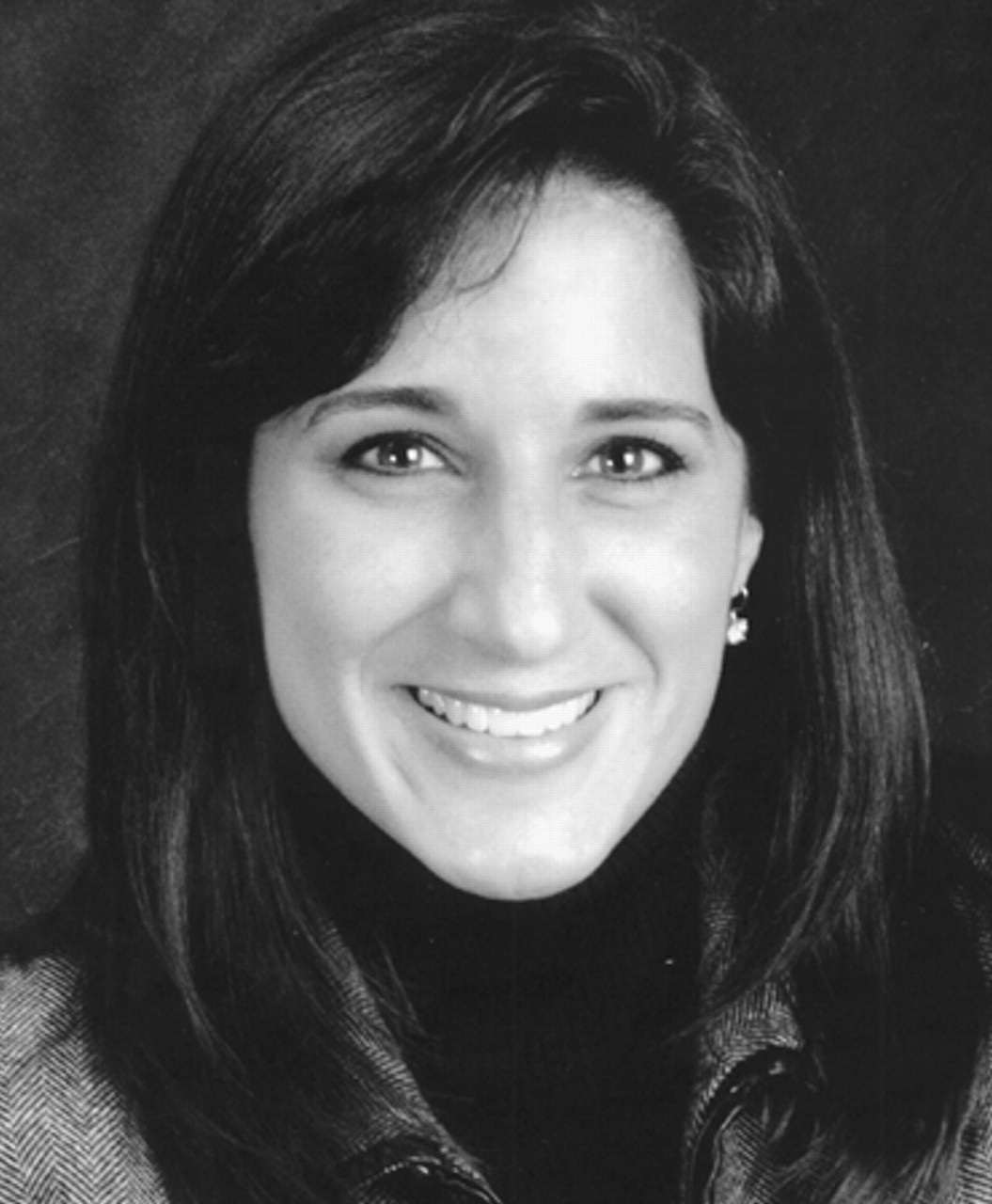Candidates for Member-in-Training Trustee-Elect

Psychiatry Resident (PGY-2), University of Louisville School of Medicine, 2004-
Resident Member, Department of Psychiatry Recruitment Committee, 2004-
University of Louisville School of Medicine, 1998-2002
Elected President, University of Louisville Chapter of the National Wilderness Medical Society, 2000-01
Elected Student Representative, Kentucky Medical Association, 1998-99
Juris Doctorate, Cum Laude, Indiana University School of Law, 1992
The American Psychiatric Association is known as the “voice and conscience of modern psychiatry.” It is the single most important forum for psychiatrists to work on the issues facing our profession's future and mental health issues nationally and globally. I would be honored to be elected your APA member-in-training trustee, because I want to be an intricate part of shaping that future.
As William James said, you can truly know a person when you find what makes him or her feel most “intensely active and alive.” Accordingly, you will find that I am a fierce and passionate advocate, not only for my patients, but also when I have the opportunity and challenge to make a greater impact. My interest in public-policy issues started in undergraduate school, where my major was an interdisciplinary study in economics, political science, and sociology. In my senior thesis, I studied the causes of homelessness, and I was awarded a public-policy scholarship to the National Governors Association conference that year. I have experience serving in organizations at the national, state, and local levels. During medical school, I helped establish the student chapter of the national Wilderness Medical Society; I was elected the student representative to the Kentucky Medical Association by my medical school class; and for four years I was a member of the Board of Trustees of YMCA Camp Piomingo, where I chaired the Program Committee.
Being an active community member and advocate has always been important to me. During law school I volunteered as a student attorney in the Community Legal Clinic for indigent clients and worked to obtain protective orders for abused women. As an attorney, I practiced at the Legal Aid Society, again representing indigent clients. A significant portion of my caseload consisted of appeals of government-benefit denials in the Medicaid/Medicare arena, through which I experienced firsthand the immense difficulty patients have obtaining access to health care and coverage. During medical school, I volunteered for a year with the Jefferson County Medical Society's Healing Place, a medical and social outreach program for those with alcohol and drug addiction, many of whom were homeless. There I observed how devastating substance abuse can be mentally, physically, and socioeconomically, and how limited community resources are. After completing internship in internal medicine, I saw the light and joined psychiatry. Working as a resident in both fields has impressed upon me the disparity between reimbursement and federal/state support for the diagnosis and treatment of mental illness versus physical illness.
As the MIT trustee, I would strive to be the eyes, ears, and voice of psychiatry residents across the country. I would work with the Board of Trustees as an advocate for residents on all issues. However, I think the issues of particular importance are:
Decreasing the disparity between mental health and physical health care in reimbursement, research funding, and legislation. | |||||
Strengthening public education and advocacy regarding mental illness and psychiatric care. | |||||
Encouraging healthy debate and resolution of the issue of psychologists having prescribing privileges. | |||||
Improving training and public education about addiction. | |||||
Attracting talented medical students into psychiatry. | |||||
Recruiting more residents and early practitioners to be active members in APA. We are the future of this organization and profession, and there is strength in numbers! | |||||
As the MIT trustee, I offer diverse education, background, and life experience. I have the intellect, the drive, and the ability to represent you well. But most importantly, I have the compassion, the interest, and the heart to be a strong and effective voice on behalf of all residents for shaping the future of our profession.
Primary Professional Activities and Sources of Income
Professional Activities
100%—Residency training, affiliated hospitals and clinics of the University of Louisville School of Medicine, department of psychiatry and behavioral sciences
Income
100%—Resident salary, University of Louisville School of Medicine, department of psychiatry and behavioral sciences



